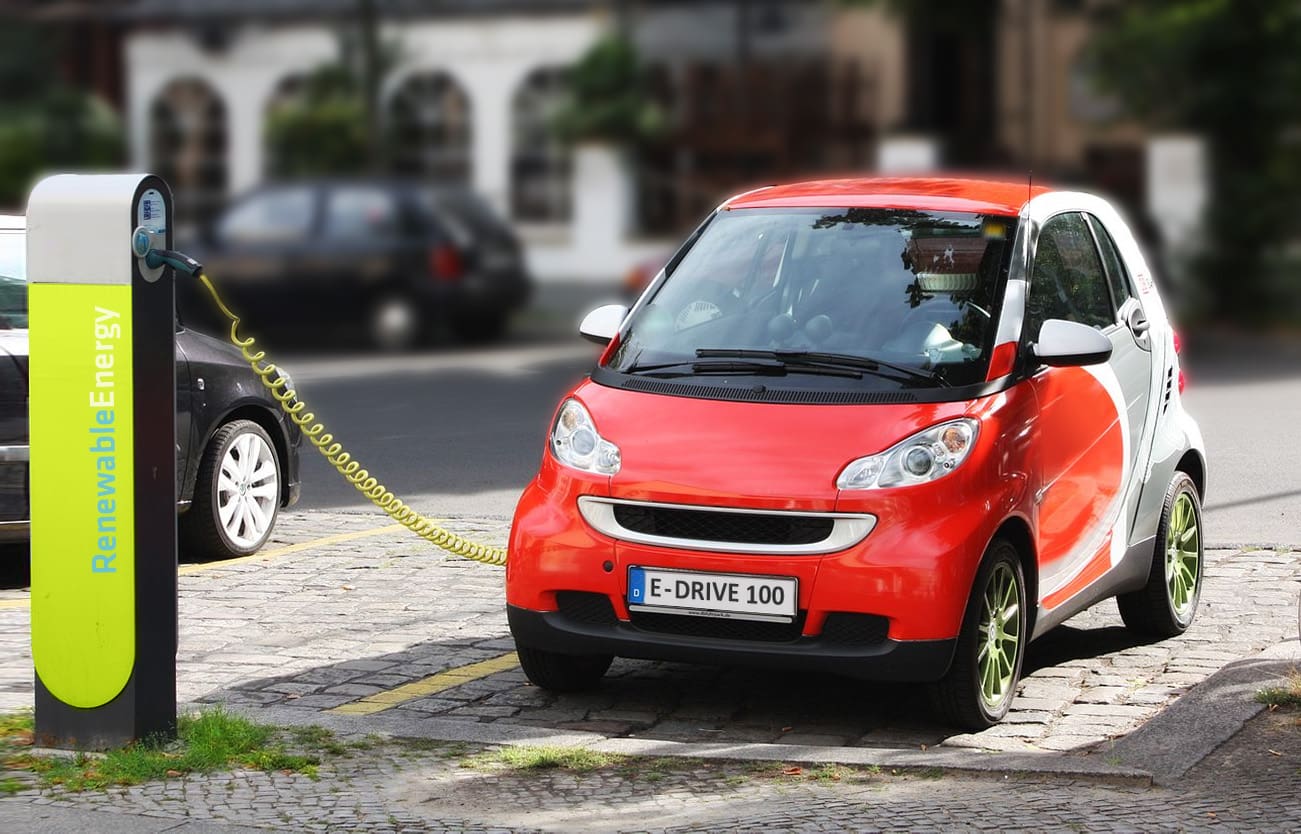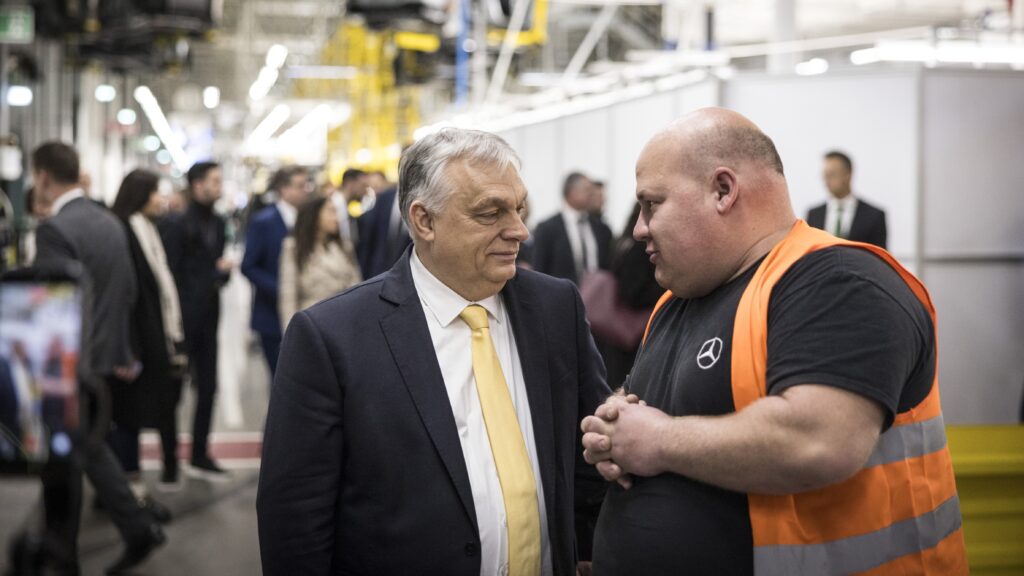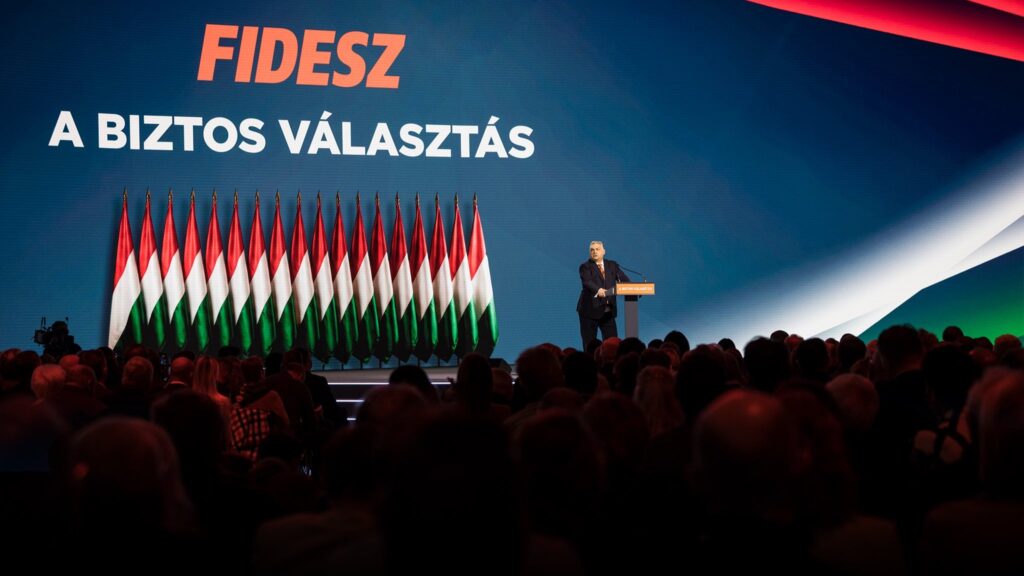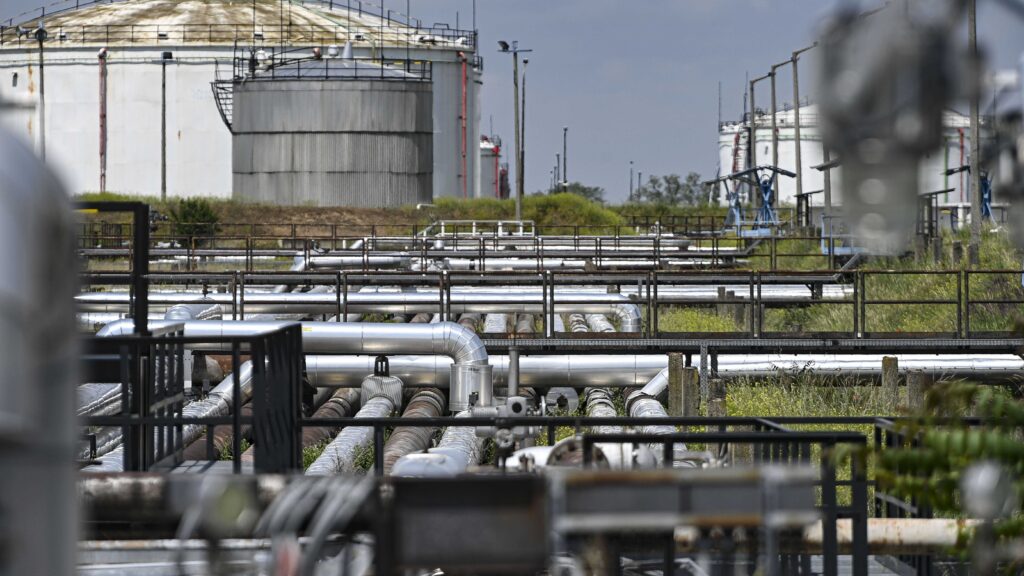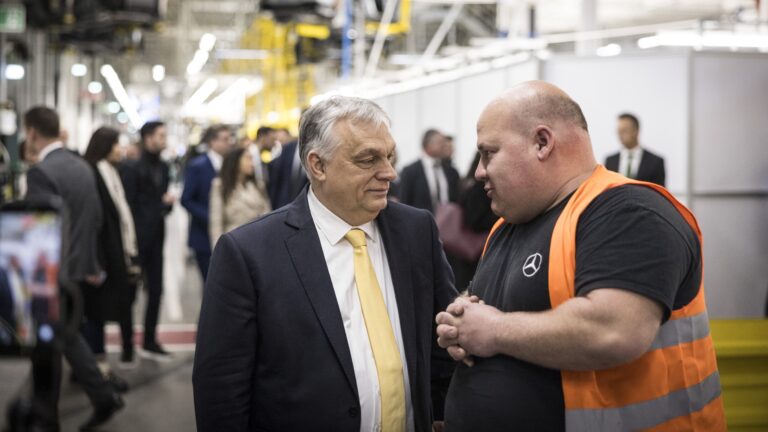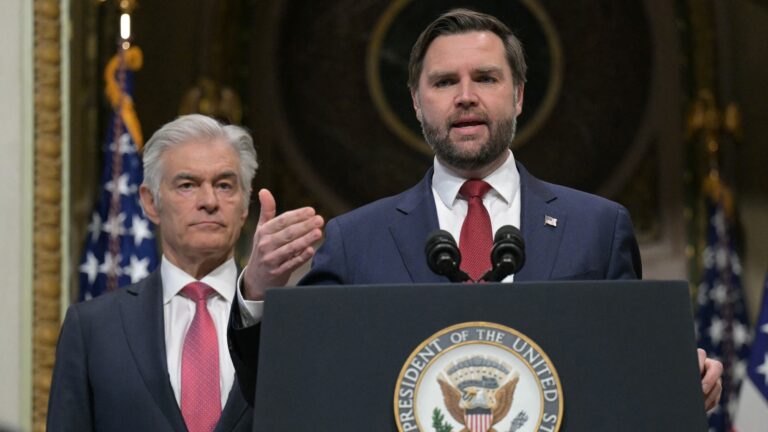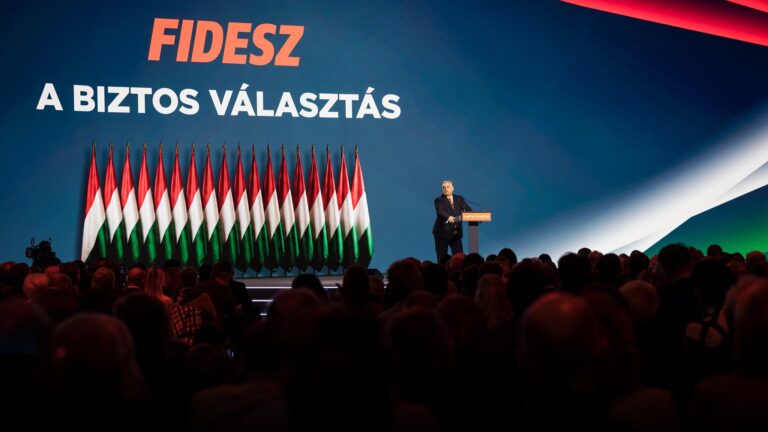Minister of National Economy Márton Nagy, following his April visit to Berlin, continued his Germany tour in Bavaria, where he once again met with key players in the German automotive industry. The minister and the delegation from the Ministry of National Economy held talks on Monday and Tuesday with CEO of Audi Gernot Döllner, Frank Weber, member of BMW’s Board of Directors, and Vice President of Mercedes Eckart von Klaeden on Tuesday.
The main topics of discussion included preparations for the Hungarian EU presidency, current competitiveness issues within the German and European automotive industries, as well as the future challenges and opportunities facing the sector, with particular emphasis on the transition to electric vehicles and the electric vehicle industry. The parties agreed that electric mobility represents the future of Europe, with Hungary and the German automotive industry playing a significant role in this transition. The Minister of National Economy emphasized during the talks the necessity for
a pan-European action plan to promote and expedite the adoption of electric vehicles in Europe, ultimately achieving the transition by 2035.
Currently, the greatest challenge lies in the infrastructure associated with electric vehicles, particularly the lack of charging networks. In this regard, it was noted that Europe lacks a cohesive, long-term, fast, and hassle-free continental network, which should be developed through both public and private investments. In addition to the development of the electric vehicle infrastructure, discussions also addressed the need for regulatory changes. Suggestions included densifying fast charging points along the trans-European transport network (TEN-T), with installations every 50 kilometres, as well as ensuring that a significant portion of the petrol station network offers rapid electric charging options.
Beyond these considerations, it was proposed within the action plan that
a new EU-wide vehicle purchasing incentive programme be set up to encourage the adoption of electromobility,
targeting both manufacturers and consumers. Furthermore, modifications to state aid regulations may also be considered to stimulate sales.
In this context, Nagy emphasized the importance of supporting and facilitating the trade of used electric vehicles alongside new purchases, including the establishment of new standards. This effort is supported by the proposed action plan to enhance the competitiveness of European electric mobility, which will be presented to the Competitiveness Council during Hungary’s upcoming presidency as a ‘white paper’ on 8–9 July,’ stated the Ministry of National Economy.
Related articles:

